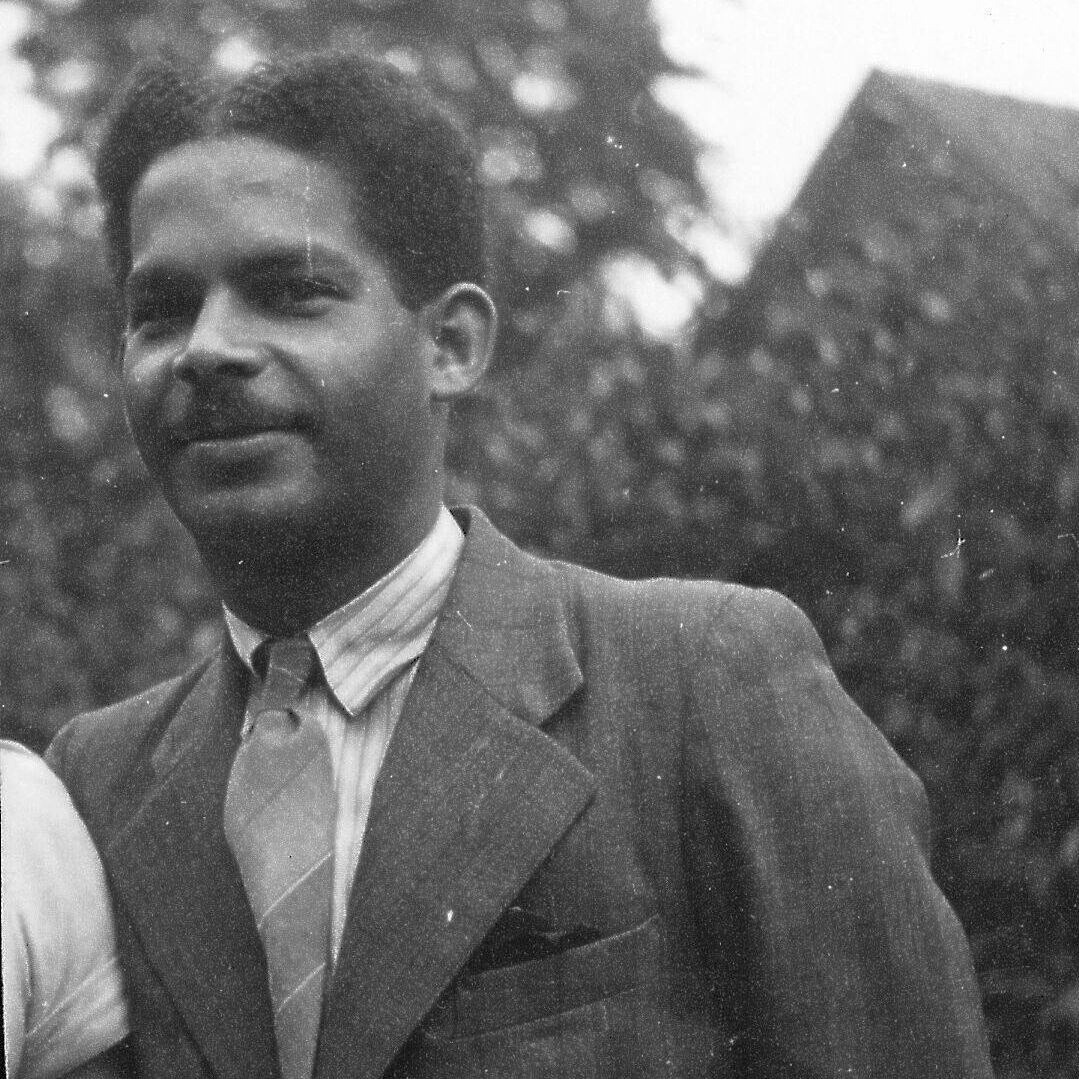As soon as the Netherlands was occupied by nazi Germany, Boy turned against the totalitarian, discriminatory regime of the occupiers. Together with his friend and fellow student from Curaçao – also a Dutch Caribbean island – Luis de Lannoy, he immediately became active in the resistance.
Using homemade firebombs, he set fire to German trucks and soon became involved in other forms of resistance, such as helping Allied pilots who had been shot down. Boy brought the pilots, dressed as farm boys to a contact on the Belgian border by bicycle. Because Boy was black, he stood out. The downside of this was that he was often stopped, but luckily his papers were always in order. The advantage was that the disguised pilots were less conspicuous.
During the war, a few thousand black people from Suriname and the Dutch Caribbean Islands were living in the German-occupied Netherlands. They were seen as inferior by the Nazis, but they were not actively persecuted.
In February 1944, Luis de Lannoy was arrested. Boy tried to free him from prison but failed. A few months later, Boy and some others carried out a successful attack on a railway line. “It was pitch black […]” a resistance friend of Boy’s explains. They undid the bolts holding the railway in place, which was a difficult job. “The tension became almost unbearable. Then it happened. The huge locomotive ran out of the rails under a shower of sparks!”
After the successful sabotage attack, the police raided Boy’s lodging, and he had to flee. He wanted to join a group of resistance fighters in Amsterdam, but they thought his black skin stood out too much. Disappointed, Boy roamed about, until he was taken in by a group in The Hague. He felt anxious and persecuted but remained active. “I have no wife and no children. If I don’t help out, who will?”
In early November 1944, Boy was recognised on the street and arrested. During the long, violent interrogations, he admitted nothing and remained belligerent, saying: “I will continue to fight you.”
Boy was executed on 6 November 1944. After the war his body was reburied in Aruba. His friend Luis de Lannoy survived the war.
